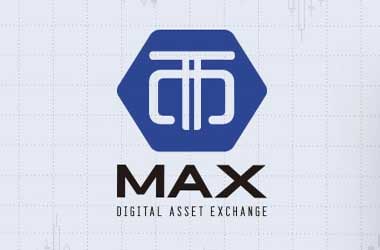 Mark Friedenbach, the programmer who was involved in developing Bitcoin (BTC) protocol, has unveiled a novel way to scale Bitcoin transactions. While explaining the method at a workshop in Tokyo, Friedenback has claimed that the method will not require a hard fork.
Mark Friedenbach, the programmer who was involved in developing Bitcoin (BTC) protocol, has unveiled a novel way to scale Bitcoin transactions. While explaining the method at a workshop in Tokyo, Friedenback has claimed that the method will not require a hard fork.
The novel concept, named “Forward Blocks,” put forth at the Scaling Bitcoin workshop describes a key on-chain capability enhancement by means of a Proof-of-Work (PoW) swing that can be implemented as a soft fork, along with the use of alternative private ledgers.
According to the creator of the method, the system can increase “settlement transaction volume to 3584x current levels,” while improving censorship resistance via sharding.
While presenting the method, Friedenbach proposed key enhancements for on-chain Bitcoin transactions, or those that are recorded on the Bitcoin blockchain. The proposed “soft-fork” swing will further strengthen consensus rules where existing nodes will “still see the chain advance.” The study also provides a definition of “forwards compatible soft-fork,” for which non-upgraded nodes will obtain and process all trades.
Friedenbach also stressed the importance of sharding for better censorship resistance, citing that he picked up the term “sharding” from the “database field.”
It should be noted that the term “sharding” explained in the method is “largely not” the kind of sharding that is meant by other popular crypto-related projects, but is “nevertheless the correct term to use” as far as this study is concerned.
It is a well-known fact that the term sharding started receiving much attention due to Ethereum (ETH) blockchain, whose founders are working to implement this major upgrade. The term became popular after Ethereum’s co-founder Vitalik Buterin talked about the need to implement the technology in Ethereum blockchain in order to increase the transaction processing capability. Sharding is confined to on-chain transactions where multiple computers in a network divide the transaction validation process between them.
Friedenbach, a former NASA contractor, claimed that initially he did think about Bitcoin scaling solutions, but about “the development of a dual PoW change where you introduce a new PoW with a soft-fork.” While explaining the inclusion of another PoW algorithm, the developer emphasized that his job is not actually a plan for subsequent changes, but an idea for coders to think about and “a good place to start.”
In the crypto sector, Bitcoin scalability is one of the key topics of discussion. Earlier this July, several Bitcoin engineers joined together to launch the Bitcoin Operation Technology Group (Bitcoin Optech) for addressing Bitcoin scalability issue. The not-for-profit team is supported by major industry players such as Wences Casares, PayPal Board Member, John Pfeffer, Kohlberg Kravis Roberts & Co. Ltd, and Crypto R&D group Chaincode Labs.








